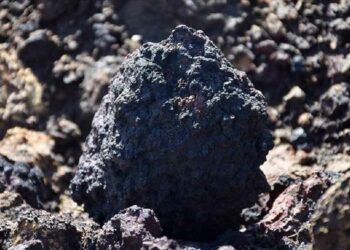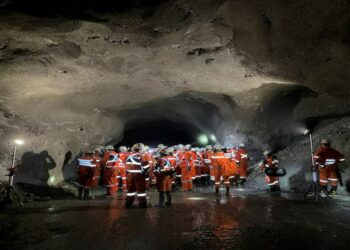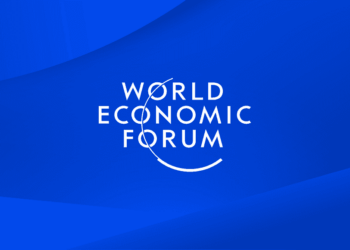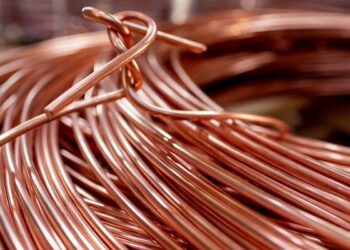Australian mining tycoon Clive Palmer has divested the troubled Yabulu nickel refinery in Queensland, Australia to Swiss special purpose vehicle Zero Carbon Investek, reported Reuters.
With the sale of the Yabulu Nickel and Cobalt Refinery, Palmer has reportedly raised A$2bn ($1.3bn). Palmer acquired the refinery from Australian mining firm BHP in 2009.
In 2016, the Yabulu refinery went into voluntary administration due to drop in nickel prices and was placed on high-level of care and maintenance. It is yet to restart operations.
The refinery restart plan includes optimisation of operations, including realising extensive tonnages of nickel and cobalt contained in the tailings storage facility, according to Miningweekly.com.
Earlier this year, the Yabulu refinery secured a 30-year port access agreement with the Port of Townsville. Zero Carbon said the refinery is planned to be restarted in 18 months and will have capacity to produce 53.5 kilo tonnes per annum (ktpa) of nickel and 3.7 ktpa of cobalt.
It expects the refinery to be one of the top ten nickel assets in the world and anticipates the site to unlock opportunities for the domestic industry.
Besides, it is in advanced talks with several ‘globally significant strategic players’ who are seeking product offtake and make investment.
Zero Carbon Investek syndicate head Dr Richard Petty said the firm plans additional $800m in investment at the refinery upon completion of the transaction.
The investment will be used to improve the facility including transitioning to net zero carbon, thus saving up to 500,000 tonnes per year of CO2 emissions.
Petty was quoted by Miningweekly.com as saying: “Whilst the restart of the refinery is the key strategic priority, Zero Carbon Investek is also targeting the development of a large scale, 1.5Gw solar photovoltaic (PV) plant and battery storage facility at the refinery site to create new industry opportunities and sustainable environmental benefits.
“The Yabulu large-scale solar project will be situated in the Northern Queensland Renewable Energy Zone (QREZ) and is set to become a main contributor to the Queensland government’s new Queensland Energy and Jobs Plan which has a target of 70% renewable energy by 2032 and 80% by 2035, representing an A$85-billionn investment into the energy system.”










